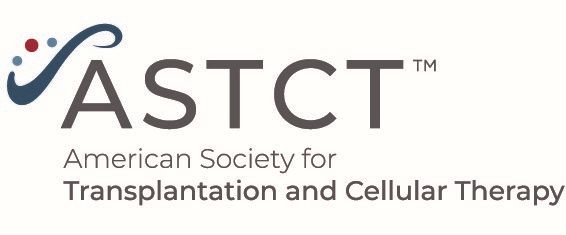
Looking beyond the REMS: Survivorship, Hospice Care, and More in CAR-T

Rahul Banerjee, MD, FACP, highlights recent presented from the 2024 Tandem Meeting.
Many of the sessions about chimeric antigen receptor T-cell (CAR-T) therapy this week will focus on the acute toxicities and early predictors of efficacy following CAR-T therapy, for example strategies to prevent or treat cytokine release syndrome during the mandated 28-day Risk Evaluation and Mitigation Strategy (REMS) period.
But what happens after the REMS period ends? Both children and adults may experience delayed toxicities unique to CAR-T, and providers must be equipped with the knowledge and skills to recognize and treat these adverse events. Prognostic uncertainty further complicates medical decision-making and guidance regarding goals of care throughout the trajectory of treatment, particularly in the setting of relapse or serious complications.
The ASTCT Palliative & Supportive Care SIG and the ASTCT Survivorship SIG are thus pleased to offer an educational workshop focused on navigating prognostic uncertainty for CAR-T patients, providing end-of-life care for those who do not survive, and ensuring attention to the long-term needs of CAR-T survivors. The session chairs – Dr. Catherine Lee (Fred Hutch), Dr. Areej El-Jawahri (Massachusetts General Hospital), and Dr. Deena Levine (St. Jude) – have put together an excellent Spotlight Session about this topic.
In addition to a presentation of ASTCT survivorship-related awards, there will be four invited speakers. We asked the chairs and panelists to summarize why their topic matters to providers who care for CAR-T recipients:
- Late effects and the survivorship experience in children and young adults
- Speaker: Dr. Rebecca Epperly (St. Jude)
- Why this matters: Participants will learn about the delayed toxicities and late effects of CAR-T unique to children and young adults and how they impact quality of life. The long-term needs of the youngest survivors and the collaborative research initiatives to systemically study these organ toxicities will be discussed.
- Long-term follow-up in adult patients
- Speaker: Dr. Jordan Gauthier (Fred Hutch)
- Why this matters: Delayed effects of CAR T therapy in adults, such as hematotoxicity, infections, and secondary primary neoplasms, will be discussed in this presentation. Participants will hear about one model for long-term follow up for adult recipients of immunotherapy and the key elements which has made this program successful.
- Prognostic uncertainty during and after the CAR-T process
- Speaker: Dr. Christina Ullrich (Dana Farber)
- Why this matters: A study recently published in
Transplantation and Cellular Therapy suggests, even with the risks inherent to CAR-T therapy, oncologists preferentially tend to focus on rosy outcomes. This is understandable but may limit how prepared patients are for complications and potentially poor outcomes. Participants will learn about strategies to discuss prognoses more carefully in this setting, particularly given the growing list of newly recognized toxicities that may occur following CAR-T therapy. - Unique challenges with end-of-life care
- Speaker: Dr. Patrick Johnson (Massachusetts General Hospital)
- Why this matters: End-of-life care (EOL) is a
relatively new topic of interest within CAR-T, but a fundamentally important one. Many unique barriers, such as the inability to receive transfusions for immune effector cell-associated hematotoxicity, complicate the logistics of hospice care for patients who have poor outcomes. Participants will hear about strategies to mitigate or address EOL challenges in both the adult and pediatric settings.
When we think of the word spotlight, we ordinarily think of shining light on one particular point in time. This Spotlight Session is thus particularly illuminating with its emphasis not on any one journey but on the multitude of potential journeys following CAR-T. These remain broadly uncharted waters given the novelty of CAR-T therapy in both pediatric and adult settings, so come to the Session at 1:30pm today (Room 214) to learn more!
Newsletter
Stay up to date on recent advances in the multidisciplinary approach to cancer.



































